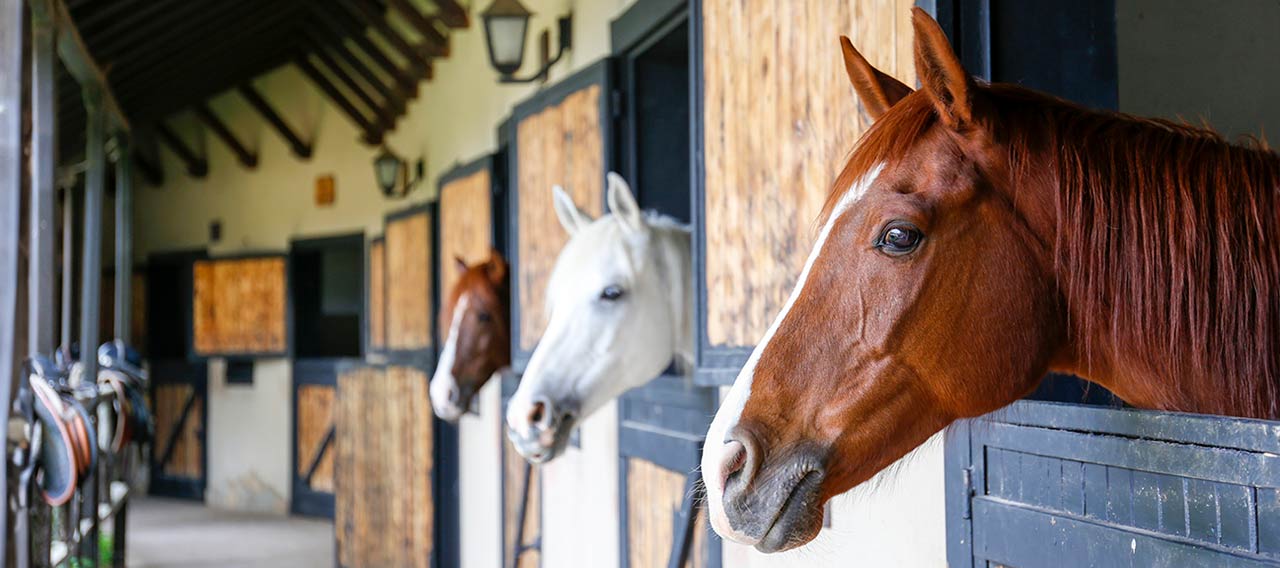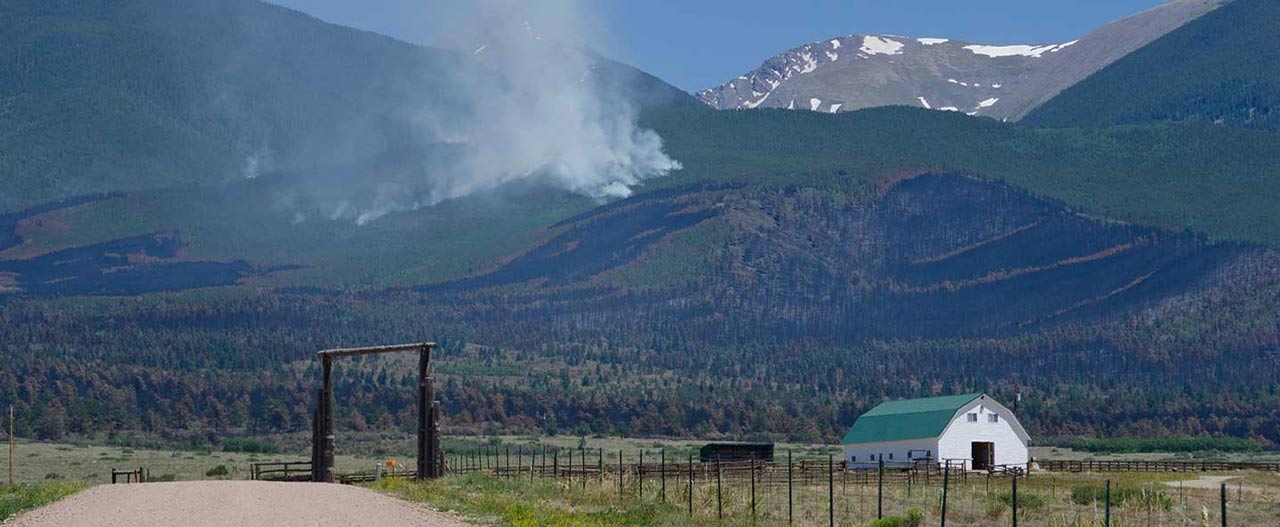- Individuals & Families
- Businesses
- Agents & Brokers
- Embedded Insurance

Chubb ranked #1 for Customer Satisfaction with the Home Insurance Claims Experience

Chubb ranked #1 for Customer Satisfaction with the Home Insurance Claims Experience

Chubb ranked #1 for Customer Satisfaction with the Home Insurance Claims Experience

Chubb ranked #1 for Customer Satisfaction with the Home Insurance Claims Experience

Because pets are family, Chubb now offers pet insurance with top-rated coverage from Healthy Paws.

Chubb offers the insurance protection you need for travel’s many “what ifs”.

Chubb protects small businesses at every stage – from newly formed start-ups to long-time anchors of the community.

Stay ahead of cyber threats with our free Cyber Claims Landscape Report.

Learn more about our dedicated learning paths, Online Learning Center, and more.



Many digital-savvy consumers look for it as a core or add-on option.

Many digital-savvy consumers look for it as a core or add-on option.

Many digital-savvy consumers look for it as a core or add-on option.

Chubb’s in-house technology makes it easy to integrate what we do into your customer experience.
-
About
-
Claims
-
Login & Pay Bill
For Agents & BrokersFor Travel Advisors
-
Back
Every year, wildfire season seems to start sooner, last longer, and affect more individuals, families, animals and property. Whether you live on a small lot or a large ranch, being prepared is the best way to stay safe. While it’s important to do what you can to keep your home safe from wildfire, farms or ranches with livestock need extra attention and preparation to prevent loss from fires. Disaster preparedness is especially important when dealing with horses, cattle and other large animals because you may need extra time or space to evacuate them.
Below are a few tips to consider when creating your farm or ranch wildfire preparedness plan:
Preparing your farm or ranch
- Make sure any hay is dry before storing it. Wet hay can spontaneously combust.
- Keep limited electrical appliances within the barn. Forbid open flames or smoking in or near your barn or feed.
- Identify all evacuation routes and limitations in advance. Firefighting vehicles are often large and heavy, so you’ll need to make sure bridges are strong enough and roads are wide enough for fire engines to use.
- Prepare defensible spaces by removing flammable vegetation within 30 feet of structures and removing standard combustibles, such as lawn furniture and gas grills.
- Contact your agent or broker to ensure that your farm, barn or “other structures” are fully covered under your policy.
- For Chubb Personal Risk Services clients enrolled in Wildfire Defense Services: Provide a description of your property and any access challenges when you enroll and update your contact information to ensure that firefighters can get in and effectively protect your property.
Preparing your horses or livestock
- Create an evacuation kit for each horse well in advance of any wildfire, including food, water, tack, medications, and health and identification documents.
- Establish and practice your evacuation plan. Ensure you have trailer space for your horses or livestock. If you do not, work with neighbors or friends who have trailers and can assist. Practice loading all of your animals in trailers to ensure that they’re familiar with the process and won’t get spooked. Know where your livestock will be going in an emergency evacuation; make arrangements ahead of time.
- Create a document with vital information about your livestock, upload to a file hosting service such as cloud storage, and provide access to a friend or relative that lives in a neighboring community (in case you cannot grab your kit when you evacuate).
- Identify all evacuation routes and limitations in advance. Consider a number of different routes, in case one or more is blocked by fire. Identify on-site emergency water supply for firefighters.
- Hire an animal emergency response team or service who can craft an evacuation plan for you. Consider working with local firefighters, non-profit or animal control agencies to set up a plan and for trailering or sheltering assistance.
- If a wildfire approaches, evacuate your livestock early – before or during the voluntary evacuation if possible.
- If you cannot evacuate your horses or livestock, as a last resort, consider:
- Allowing them to shelter in place. For example, if you have a defensible space or irrigated pasture, animals may be safe from fire there.
- Letting the animals loose. Make sure they cannot get back into a barn or pasture that isn’t safe. Horses will tend to go back into burning barns because those places are familiar in times of stress.
- Use a livestock crayon to write your contact information on the horse, use clippers to shave your phone number on the horse’s coat, or attach a temporary ID tag or neck band to ensure that once found again, you can identify the animal as yours.
- The safety of you and your family should remain the most important in the event of a natural disaster.
Additional resources
Insights and expertise


Get a personal insurance quote
Work with an independent agent to get personalized insurance solutions.
This document is advisory in nature and is offered as a resource to be used together with your professional insurance advisors in maintaining a loss prevention program. It is an overview only, and is not intended as a substitute for consultation with your insurance broker, or for legal, engineering or other professional advice.
Chubb is the marketing name used to refer to subsidiaries of Chubb Limited providing insurance and related services. For a list of these subsidiaries, please visit our website at www.chubb.com. Insurance provided by ACE American Insurance Company and its U.S. based Chubb underwriting company affiliates. All products may not be available in all states. This communication contains product summaries only. Coverage is subject to the language of the policies as actually issued. Surplus lines insurance sold only through licensed surplus lines producers. Chubb, 202 Hall's Mill Road, Whitehouse Station, NJ 08889-1600.

